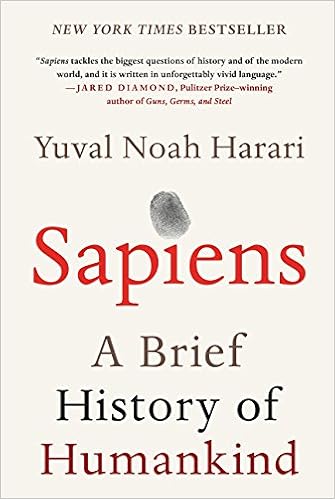I had a hard time enjoying this book by Harari, not because it is not good or interesting --- it is very interesting, but the (inevitable) scatteredness irritated me every few pages. The author was overly ambitious and crammed as many ideas as he could into a small space. It's against my temperament to move on, as quickly as the book does, from one thought to another, without an urge to dig deeper and make connections between some of them. This might be the other extreme of Nassim Taleb, who would pound a perfectly good but not very complex idea to death with 200 more pages than necessary. I find them both to be enlightening but often frustrating.
To me it is only viable to take a couple of the ideas and look closer. I was particularly struck by a subsection in Chapter 8 No Justice in History. The author wrote:
At least since the Agricultural Revolution, most human societies have been patriarchal societies that valued men more highly than women. No matter how a society defined "man" and "women", to be a man was always better.
He went on to point out that sociological and biological attempts to explain this phenomenon have failed so far. Not being a student or scholar in gender studies, I cannot determine whether he is right or there are indeed illuminating theories buried in some university's archives.

